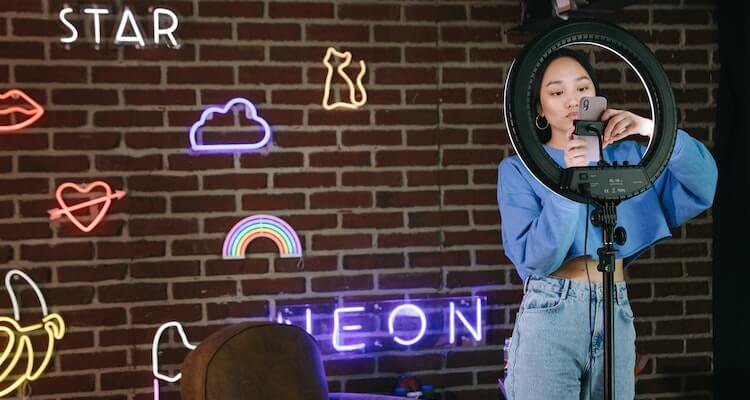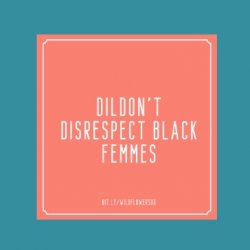Influencer Marketing in Sex Tech
What is influencer marketing and why is it important in the sex tech space?

Chances are you’ve been scrolling on Instagram or Facebook when a “sponsored ad” pops up, or you’ve been watching a vlog on YouTube when they cut to the “sponsored” part of the video.
This is called influencer marketing, a modern form of social media advertising where brands use popular figures like celebrities and everyday people to endorse their products and services. It’s a marketing tool gaining traction across all industries, from household items to tech gadgets and even in the sex tech space.
What is influencer marketing exactly?
Influencer marketing brings the product or service and any potential information surrounding it directly to consumers on the apps they are already engaged on, such as Instagram or TikTok.
Another form of this is educational marketing where education and more detailed information regarding specific niches are provided for the viewer within the content itself.
The people being used to promote the goods and services are called influencers because the goal is that they will influence their audience to buy said product or service. Not only does this create less work for the brand, but it’s also a way to showcase more brand diversity, engaging with all sorts of different folks worldwide on social media.
Influencer marketing shines a positive light on sex tech
Due to advertising challenges, both online and offline, influencer marketing has become an especially important tool within the sex tech and sexuality industry.
The subject of sex remains a point of contention for many. This stigma limits brands on how or where they can legally advertise. Unfortunately, these rules are often unequal for all brands, strictly enforcing certain types of content while letting other, similar types of content slide.
For example, women’s sexual wellness brand Dame Products filed a lawsuit against New York’s Metropolitan Transit Authority in 2019 for banning their ad that featured female sex toys. The company claimed that the MTA unfairly decided to remove their ad while continuing to run other ads with innuendos and male sexual content, such as ads for erectile dysfunction medication.
RELATED READ: Sex Tech CEOs on Pushing Back Against Big Tech and Sexual Censorship
It’s not any better on the internet, where apps have created community terms and guidelines that also seem discriminatory to certain types of content, especially those surrounding the theme of female or queer pleasure. If the platform thinks the content violates the guidelines, the brand’s social media account (and sometimes the influencers working alongside the brand) will be shadow-banned (purposely hidden from the algorithm) or deleted altogether from the platform.
Currently, the sex industry as a whole is relying on euphemisms and innuendos within its content in an attempt to appear less explicit. This includes changing the spelling of or avoiding the use of certain words and emojis due to their sexual nature (like the eggplant 🍆) and other such workarounds to outsmart the algorithm.
However, constantly trying to keep up and find loopholes doesn’t provide a sustainable option for the long-term success of any brand.
Future sex tech advertising will go beyond influencers and innuendos
Despite the challenges, there is hope for the future of sex tech advertising, especially with the use of influencer and educational marketing.
By educating the consumer and society in general about sex tech, sexual health, and pleasure, the goal is that the subject will gradually become less controversial, creating fewer barriers for the industry.
In a perfect world, the existing policies on these apps will stop targeting certain types of content over others. Or perhaps another new platform will be created specifically for the sex tech and sexuality space where we no longer have to try to beat a system that’s designed to keep us out.
Image sources: Ivan Samkov

















